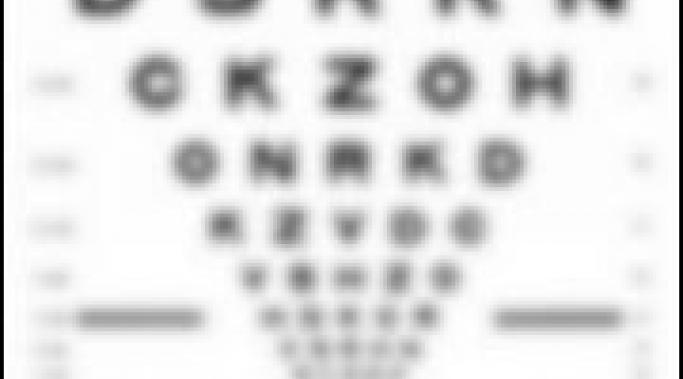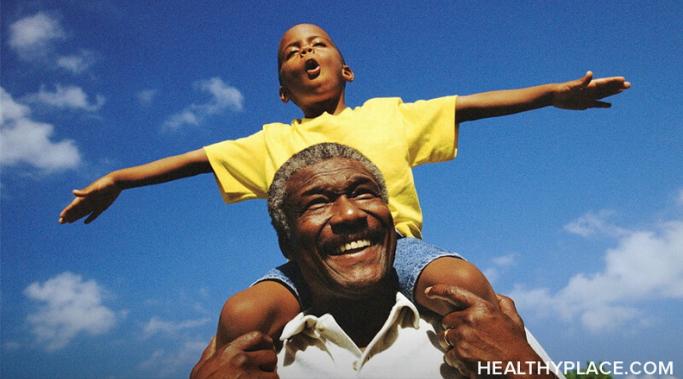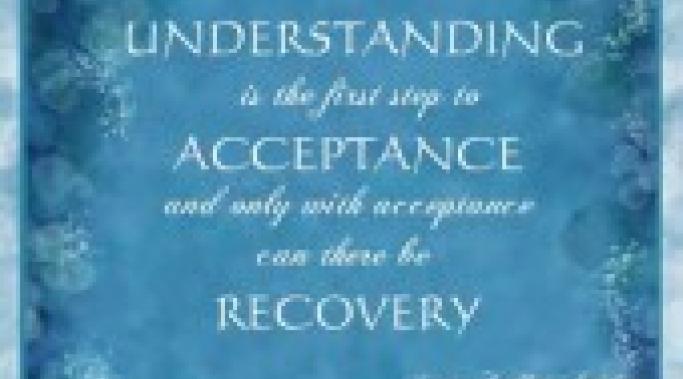Blogs
It’s a gray day outside and I hate it. Spring is supposed to be filled with sunny days, but all we’ve seen lately is rain and gray days. I’m pretty sure it’s affecting my mood and I hate that, too. I’ve been full of anger lately. It eats at the center of my chest until I feel like there’s a gaping hole. I’m mad, too, that my bipolar medicine isn’t taking care of all my symptoms. I expected miracles and that just isn’t happening.
Parents struggle with their child's wanting vs needing to exercise during eating disorder treatment. We wonder if exercise is healthy or not, and how much exercise is okay (Eating Disorders: Compulsive Exercise In Teens). Here's what I've learned to listen for: "want" vs. "need."
Ever wonder about the skeleton in my family's closet? Watch this eating disorder video about Dexter, an eating disorder stand-in for my future documentary. He's going to help us separate our children from the eating disorder.
There is one aspect of Adult ADHD that has perplexed and befuzzled my wife…Heads, I ignore you because I'm hyperfocused, or tails I ignore you because I'm spacing out. I can't for the life of me imagine why she'd have a problem with this.
Recently, my husband and I have been getting set up for new life insurance. We had to go through health exams and fill out paperwork regarding our personal family histories and current medical information. I listed that I have anxiety and that I take Sertraline daily. I was not asked to elaborate on any treatment plan or history of my anxiety. My family has a history of diabetes. My husband's family has a history of cancer, diabetes, premature death, etc. My husband rock climbs, scuba dives, and flies planes. So when the final pass or fail results arrived, guess who passed and who failed?
It is often assumed that eating disorders occur because of poor body image. I believe the relationship between the two is far more complicated. In fact, VERY complicated.
I’ve been meditating three times a day for the last two weeks and I still can’t find inner peace. It’s my own fault really. I bit off more than I can chew. My cousin asked me to take care of her little boy and I foolishly agreed. I thought it would be as easy as taking care of my girls. But I forgot that’s not so easy some days. I thought that with my bipolar disorder under control that I would be able to control any stress that came my way.
Ever feel like the proverbial caged animal? Adults with ADHD sometimes have excess energy that is bursting to get out. That would be the hyperactive component of ADHD at play. Winter is especially hard for me because I can't get out for a bike ride, my favorite activity to release pent up energy. What do you do to burn off excess energy and find calm in the storm within your mind?
Is it true that adults with ADHD experience a frequent search for high stimulation? Could there be any truth to such an outlandish claim?
When I was diagnosed with bipolar disorder in 2006, it was I who took in an online questionnaire that I had filled out. I had been hearing a lot about the symptoms of bipolar disorder through medication commercials. Until then, I hadn’t put two and two together that I had bipolar disorder. I knew that I had been depressed and I knew that I had high times of the year when I would drink too much. I knew something was wrong, but I wasn’t sure this was it; until I took that online quiz, that is.








